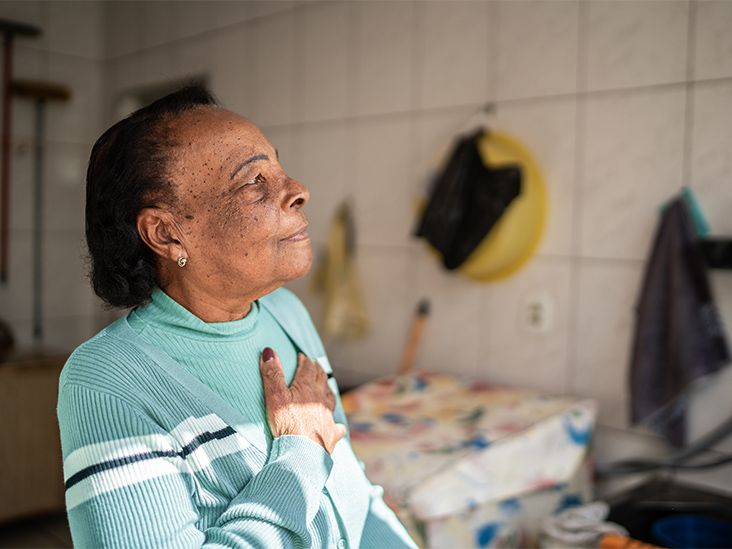That is pathetic, dishonest scumbaggery of the worst sort. These are the day jobs of most of the panel that created the UK Vit D recommendations:You didn't listen to every single vitamin d expert, which all would laugh at the UK recommendation.
Professor of Nutritional Biochemistry and Head of Human Nutrition Unit
Professor of Food and Health
Consultant Physician, Metabolic Bone Service
Professor in Epidemiology
Head of Department of Nutritional Sciences
Professor of Biomedical Sciences
Director, MRC Human Nutrition Research
Reader in Child Nutrition and Consultant in Neonatal Paediatrics
Professor of Medicine
These people are experts.
They are however not people who have spiffy wellbeing bullshit webpages, YouTube channels, and aggressively court public opinion. You seem to labour under the misapprehension that publicity is the primary indicator of expertise rather than professional accomplishment.
I can see why you're avoiding proper references and being super-vague here. Let's add some precision, because you're approximating the length of time until hospitalisation to about a week, and the length of SARS2 infection to about a week, and in the process destroyed the very real window of theoretical treatment that exists in the real figures.Studies in China and the US suggest that most patients, on average, are admitted to the hospital about one week after symptoms begin.
Thus, patients arriving at the hospital have most likely cleared the viral infection already.

SARS-CoV-2, SARS-CoV, and MERS-CoV viral load dynamics, duration of viral shedding, and infectiousness: a systematic review and meta-analysis
Although SARS-CoV-2 RNA shedding in respiratory and stool samples can be prolonged, duration of viable virus is relatively short-lived. SARS-CoV-2 titres in the upper respiratory tract peak in the first week of illness. Early case finding and isolation, and public education on the spectrum of...
www.thelancet.com
Don't worry about the weird link name, it does work. So, live virus has generally been found up to 12-13 days after symptom onset, although 8-9 as a median. Other studies suggest the length of time live virus may be present is higher in severe cases, the elderly, and people with certain health conditions.
Time between Symptom Onset, Hospitalisation and Recovery or Death: Statistical Analysis of Belgian COVID-19 Patients - PMC
There are different patterns in the COVID-19 outbreak in the general population and amongst nursing home patients. We investigate the time from symptom onset to diagnosis and hospitalization or the length of stay (LoS) in the hospital, and whether ...
Yeah, it's Belgium, but it's not going to be that different anywhere else (and indeed, other studies in other places suggest similar). And herein we see the time to hospitalisation from symptom onset, which varies 3-10 days but mostly around 4 days.
Then, with the power of maths, 8 - 4 = 4; 4 days a patient is likely to have virus, just by the average. Obviously, it could be much higher for patients admitted to hospital early and that have a longer than average span with live virus - potentially something like 10 days. Thus in a large number of patients, there would be potential for remdesivir to be effective at reducing viral load (if it even does). And again, so it would make sense that the data did seem to find remdesivir more effective at shortening the time course of symptoms for those admitted to hospital sooner.
It's not only that, but there is also your dreadful hindsight bullshit again. Remdesivir (amongst others) was under investigation before the viral time course was well established - also considering the context that the viral time course for SARS1 and MERS was much longer than it turns out to be for SARS2). It's pretty dumb to ask why anyone would use an antiviral when the virus was gone, when researchers wouldn't have known the virus might be gone at the point of administration when they started trials.
There's rubbish evidence saying they work, and better quality evidence saying they don't.There is plenty of evidence...
Oh my god. Do you really not get it? One of the core points of vaccination for this sort of easily transmissble disease is herd immunity. Not "Oh, we'll miss out that bit of the herd and fingers crossed it'll be okay" immunity.They already are safer from covid than the flu and don't really spread it. They are just developing the ACE2 receptors so the virus has a hard time infecting cells and replicating.
The fact is that covid does make at least some children extremely sick, kills a handful that are vulnerable for whatever cause, and infects many sufficiently that they could pass it to more vulnerable individuals (like their grandparents). So immunise children too to be on the safe side. It's not difficult.
Again, correlation and causation matters.So if 20 countries do X and show improvement, it's just random coincidence?
You've presented the sum of zero data indicating that ivermectin use correlates with a fall in infection. You've said approval: but approval isn't the correct thing to correlate, because use of the drug will predate approval, and the approval does not necessarily equate to instant uptake of the drug. So it's an empty claim right at the start.
Secondly, enabling untested drugs won't occur in isolation. It's a panic response to increasing or out of control infection, thereby frequently occurring around the same time as other urgent measures, whether from the government or the public taking safety into their own hands. Thus unless you can isolate the impact of ivermectin from anything else, there nothing you can usefully show.
Finally, ivermectin, if it works, is almost certainly only going to be marginal: if it were that effective, the modest evidence thus far would be enough to show so. So let's say there's a 10% reduction. If we assume an extra 20% of the population start chowing down on antiparasitic pills, the sum difference it makes to infections / deaths will be barely noticeable (~2%). It simply cannot explain large-scale decreases in infection, hospitalisation and death.
Last edited:







